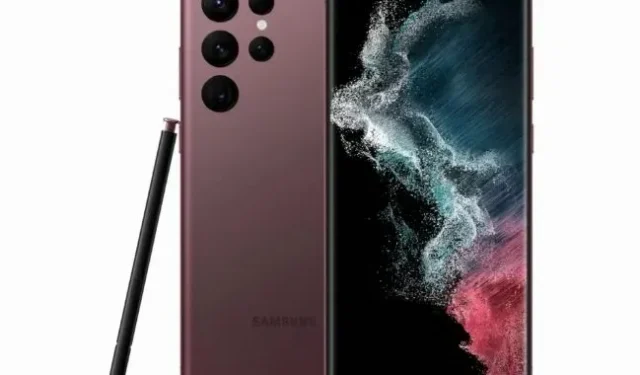Samsung blocks access to 10,000 phone apps and its own home screen

Samsung is once again in a quandary over how it treats benchmark apps. This time around, the company is accused of limiting 10,000 Android apps, but not testing. Looks like the OnePlus scheme was caught last year. Instead of boosting SoC speed when a test app is running, Android OEMs are now slowing down the phone’s performance every time the reference app is down. It’s like test cheating, but in reverse.
Samsung’s speed control app is called Game Optimization Service. Users of the Korean bulletin board Clien.net found very different test results depending on whether the test applications had their original names or not. By changing the package names of popular test apps, causing Game Optimization Service to treat the reference app as a normal app, results dropped from 13 percent to 45 percent on the Galaxy S10, S20, S21, and the new S22. Normally, throttling behavior is not controlled by the user, but users trick the service by changing applications.
Clen.net forum user “squiny”was kind enough to post the full database of apps targeted by Samsung’s throttling app, and we quickly checked it out. This “game optimization”doesn’t just apply to games. The database actually categorizes apps as “gaming”and “non-gaming”and only 3,200 out of 10,000 apps are categorized as games. The rest are normal, everyday applications.
There are 233 Samsung apps on the list, including almost all of Samsung’s built-in apps, such as the text messaging app, contacts app, calendar, notes app, phone app, Bixby, Samsung Pay, and camera. Samsung even restricts its own home screen. There are 169 Google apps on the list, including YouTube, Google Maps, Play Store, Chrome, Gmail, and Google Play services. Google has a total of 143 apps in the Play Store, so that’s pretty much every app Google makes.
The list also includes every popular third-party app you can think of – Netflix, Disney+, TikTok, Facebook, Twitter, Amazon, and more. The only apps you definitely won’t find on this list are benchmarking apps. Geekbench, 3D Mark, PCMark, GFXBench, Antutu, CPDT and Androbench are not listed.
It’s pretty unforgivable to restrict your home screen, app store, browser, and other basic 2D apps. If there’s one thing you need to be fast, it’s the phone’s main interface. For now, it looks like the only apps that are getting the full power are the test apps. What good is a fast SoC if you never use it?
We will update this article if Samsung submits a statement.
Leave a Reply